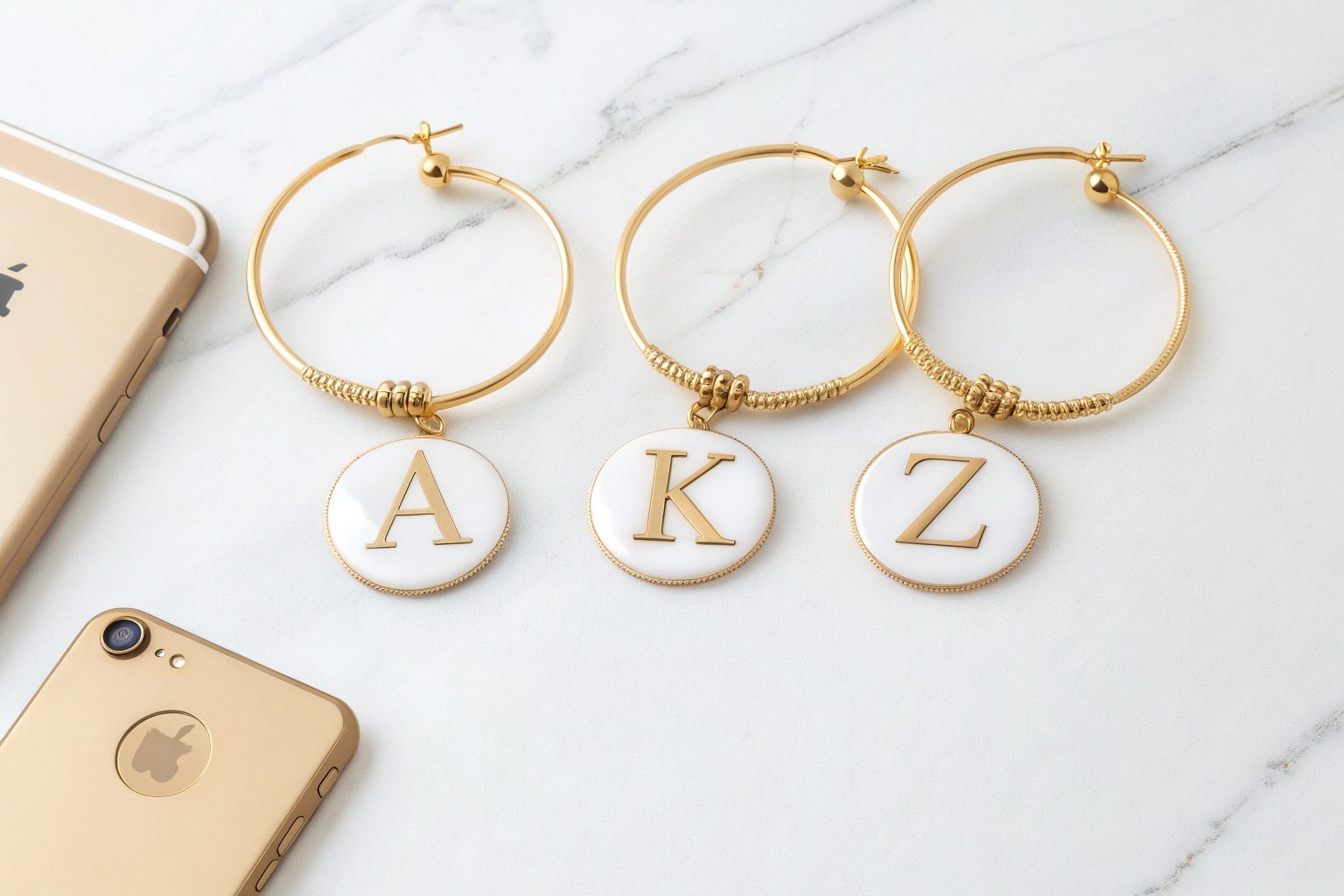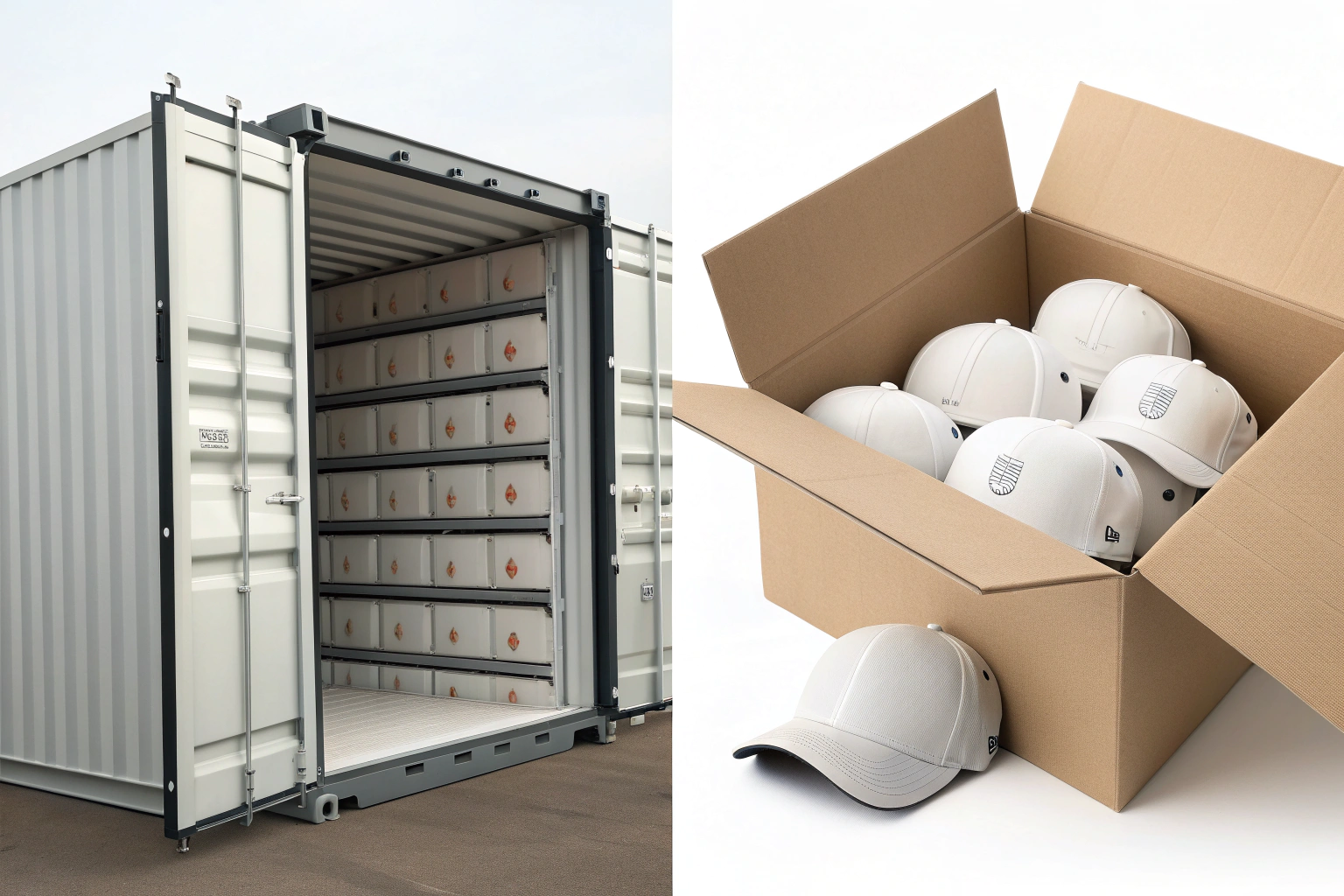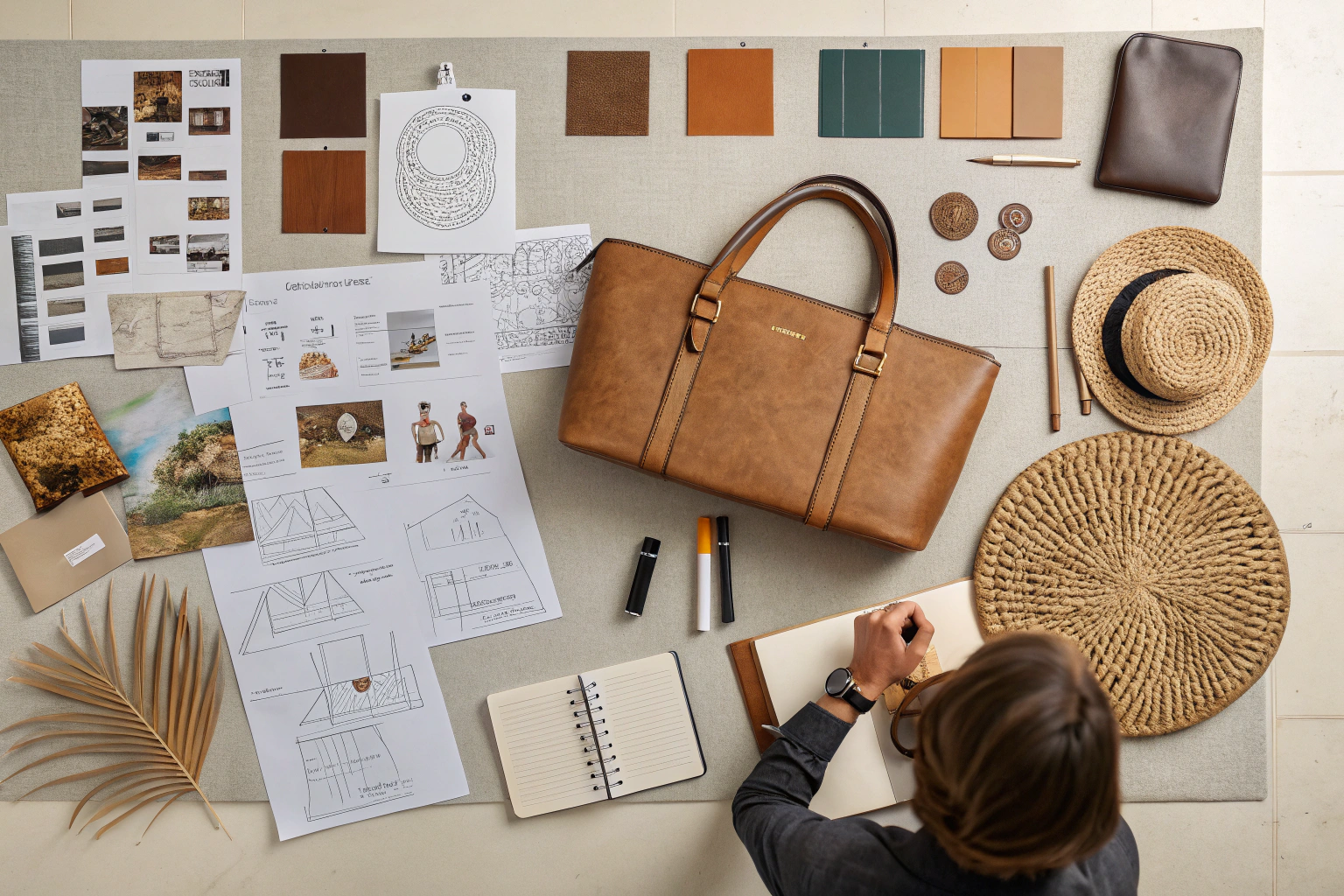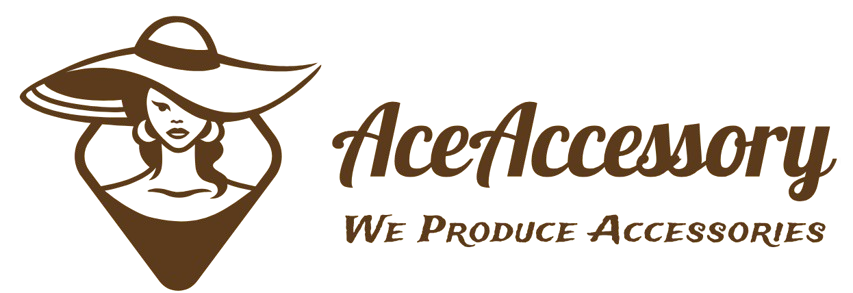Importing accessories from China can be profitable—until your shipment gets stuck in customs. That’s when profits turn into penalties and delays mean lost sales.
To reduce customs delays, ensure accurate documentation, classify goods properly, work with experienced freight forwarders, and choose DDP shipping when possible. Proactive planning prevents most clearance issues.
In my years managing accessory exports—from hair clips to shawls—I've seen how easily a package can be held up. The good news? Most delays are avoidable. Let’s walk through how you can keep your shipments moving smoothly.
How long do items from China stay in customs?
This is one of the most common questions I get from buyers placing their first order.
Most shipments from China clear customs in the US within 1–3 business days, but errors in paperwork or inspections can extend that to 7–14 days or longer.
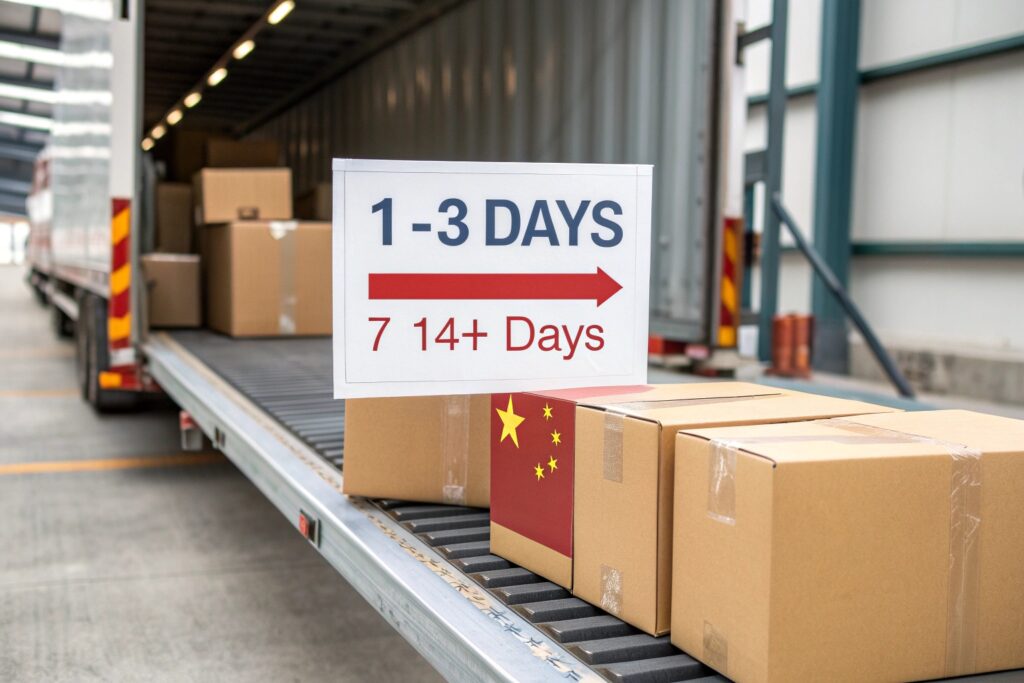
What factors influence how quickly accessories clear US customs and how can you speed it up?
Several things affect clearance time:
| Factor | Effect on Customs Clearance |
|---|---|
| Documentation Accuracy | Missing invoices can delay release |
| Product Classification | Misused HS codes trigger inspections |
| Value Declaration | Undervalued goods raise red flags |
| Shipping Method | Express clears faster than sea freight |
| Customs Broker Involvement | Speeds up form submission and review |
One of our clients once waited 10 days for their accessories because their supplier listed the wrong HS code. Customs had to reclassify every item. After that, they always used our pro forma templates and HS code checker.
We also encourage clients to use pre-cleared DDP shipping, which lets our logistics partner handle all customs paperwork in advance. This cuts clearance to 1 day in most cases.
How can customs processing times vary between ports and shipping modes?
Shipping mode and entry port also impact delays. Here's how:
| Shipping Method | Port Entry | Avg. Clearance Time | Notes |
|---|---|---|---|
| Express Courier | LAX, JFK, ORD | 1–2 days | Fastest, high cost |
| Air Cargo | SFO, DFW | 2–4 days | Quick if all docs are ready |
| Sea Freight (FCL) | LA, NY, Savannah | 3–7 days | Possible congestion delays |
| LCL Cargo | Long Beach, NJ | 5–10 days | Prone to grouping delays |
If your accessories are time-sensitive (e.g., holiday promotions), choosing the right route and method can make all the difference.
Why is my package from China stuck in customs?
It’s frustrating to see “Held at customs” with no explanation. But there are common triggers.
Packages get stuck in customs due to incorrect paperwork, misdeclared goods, lack of payment for duties, or random inspections. Proactive document preparation avoids most delays.
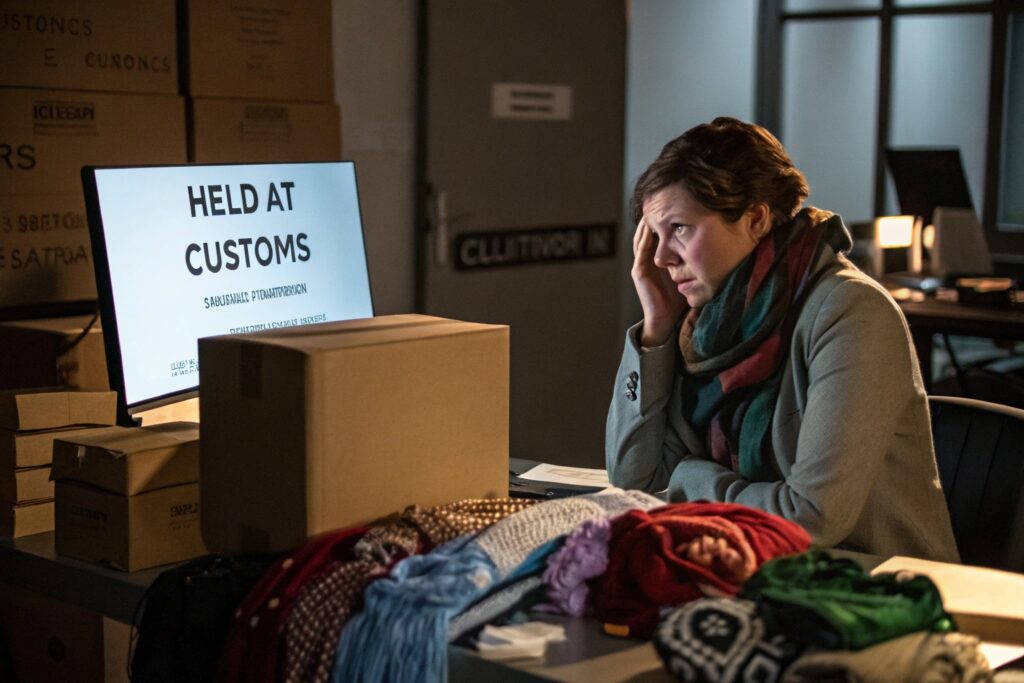
What are the most common customs errors accessory buyers make—and how can you avoid them?
From my experience, here are top customs blockers:
- Missing or vague commercial invoices
- Wrong HS code
- Declared value too low
- No contact info for consignee
- Restricted item keywords in description
A few years ago, a buyer in Texas had a box of belts delayed because the invoice said “samples” with no value. Customs assumed it was undervalued and flagged the shipment.
To avoid issues, we provide our clients with ready-made customs kits that include:
- Commercial invoice
- Packing list
- HS code sheet
- Certificate of origin (if needed)
- Importer of Record (IOR) ID
How can you get real-time updates on customs issues?
Use tools provided by express couriers like UPS, FedEx, or DHL. For sea freight, work with forwarders that offer online tracking and customs integration.
For example, we use a platform that notifies us instantly if any container is held. We can then upload missing documents directly to US Customs via our broker.
How long does it take to import goods from China?
Time is money—especially in fashion. So planning ahead is critical.
Importing accessories from China takes 3–45 days depending on shipping method. Express takes under a week, while ocean freight may take over a month including customs clearance.

What timelines should accessory buyers expect—and how can you avoid last-minute delays?
Here’s a breakdown of typical delivery timelines:
| Shipping Method | Time in Transit | Customs Clearance | Total Import Time |
|---|---|---|---|
| DHL/UPS/FedEx | 3–5 days | 1–2 days | 4–7 days |
| Air Freight (cargo) | 5–10 days | 2–3 days | 7–13 days |
| Sea Freight (FCL) | 25–30 days | 3–5 days | 28–35 days |
| Sea Freight (LCL) | 30–40 days | 5–10 days | 35–45 days |
Time depends not only on transit, but also how fast you provide documents and clear customs. That’s why we remind clients 7 days before each shipment to verify all import info.
What can extend import times unexpectedly—and how do we help prevent it?
Factors like port congestion, new tariff rules, or customs inspections can slow things down. For example:
- COVID-era port congestion added 10–14 days to ocean shipments
- U.S. tariff changes required reclassification of accessory SKUs in 2024
We always send early alerts about policy changes. That helps clients adjust orders and avoid stuck shipments.
How to get customs clearance from China?
While the main challenge is usually clearing US customs, Chinese export clearance matters too.
To get customs clearance from China, your supplier must provide a commercial invoice, packing list, export license, and shipping documents like the Bill of Lading or Airway Bill.
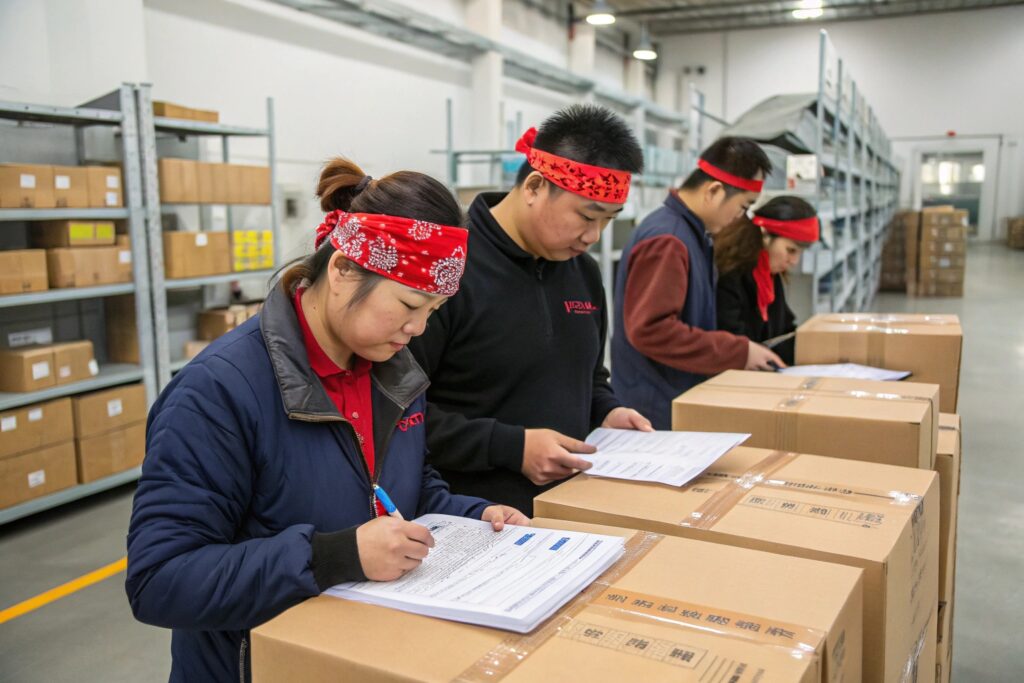
What steps must your supplier take in China to ensure your goods leave without delay?
Here’s what needs to happen:
- Verify Product Classification: We confirm HTS codes match US requirements
- Prepare Invoice and Packing List: With quantity, description, value
- Declare to Chinese Customs: Done by freight forwarder or export agent
- Issue Bill of Lading or Airway Bill: After customs release
- Transmit Data to Destination Port: For advance customs clearance
In our factory, we complete all these steps in-house. That’s how we keep things smooth—especially for new importers unfamiliar with these procedures.
How can a factory like ours help with clearance on both ends?
We offer EXW, FOB, CIF, and DDP terms. For DDP, we handle:
- Export declaration in China
- Sea/air transport
- US customs clearance
- Final mile delivery to your warehouse
That’s why many of our clients choose DDP. It’s predictable, saves time, and removes guesswork.
Conclusion
Customs delays can derail your delivery schedule and hurt your bottom line. But with proper documents, smart shipping methods, and an experienced partner, you can keep your accessories moving fast and smooth.

